AARP Hearing Center

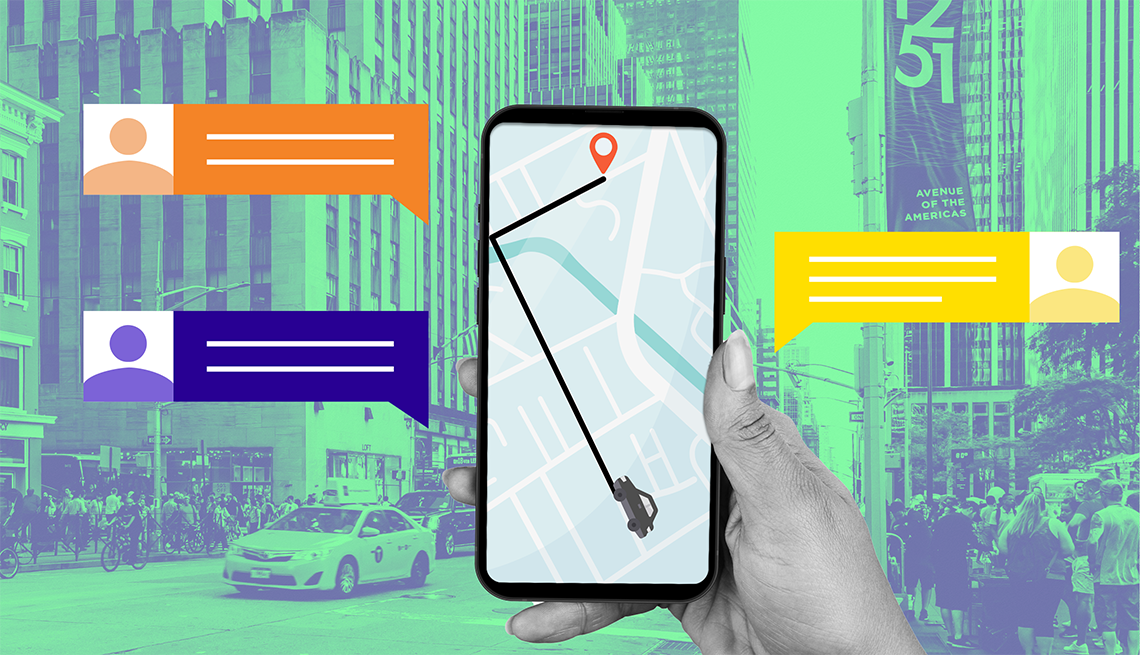
Caregivers face an especially rough road when navigating ride-hailing services designed for able-bodied people familiar with technology.
Organizing a Lyft or Uber ride on somebody else’s behalf requires communicating with the driver through your app and keeping in touch with the passenger separately. Getting insurance to cover those costs can also be a bumpy ride.
Uber announced an initiative Wednesday called Uber Caregiver that it says will help with both of those problems, starting at an unspecified date later this summer. Caregivers will be able to use a new three-way chat in Uber’s mobile app that will connect them to drivers and notify them when care recipients communicate in-app with drivers.
Ride-hailing services
Features for caregivers
Improve the experience
No app? Dial an Uber
Transportation options
Does Medicare cover this?
It will allow users with insurance through providers that support Uber Caregiver to bill rides to their insurers as they book them, whether as caregivers or as recipients.
“We’re in active discussions with the leading health care providers in the U.S. and expect to bring them online this summer,” Uber’s announcement reads. “It is our plan with Caregiver to support customers 65-plus with Medicare Advantage, Medicaid recipients, and customers with commercial insurance from their employer.”
Uber’s announcement follows other ride-hailing services’ steps to make themselves more accessible.
Lyft has partnerships with health care providers
Lyft, Uber’s main competitor, already works with businesses from across the country, mostly health care providers, that request, schedule and pay for rides on behalf of patients through the Lyft Concierge program, Donny Nordlicht, a Lyft spokesman, told AARP. The need could be for something as regular as kidney dialysis or as occasional as an annual checkup.



























































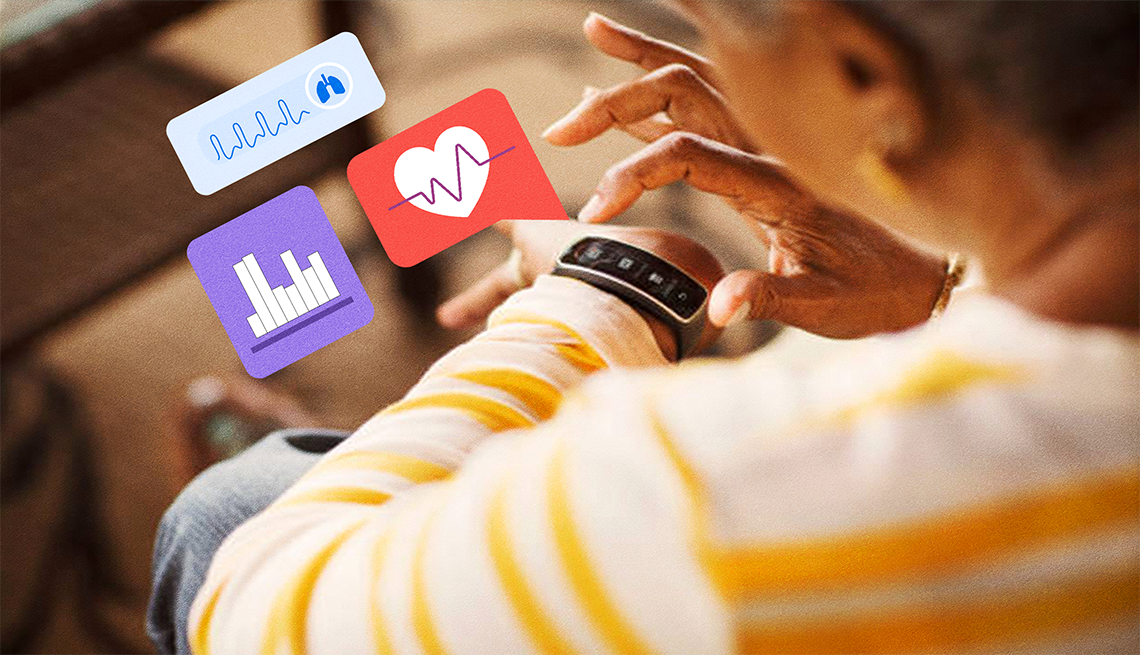
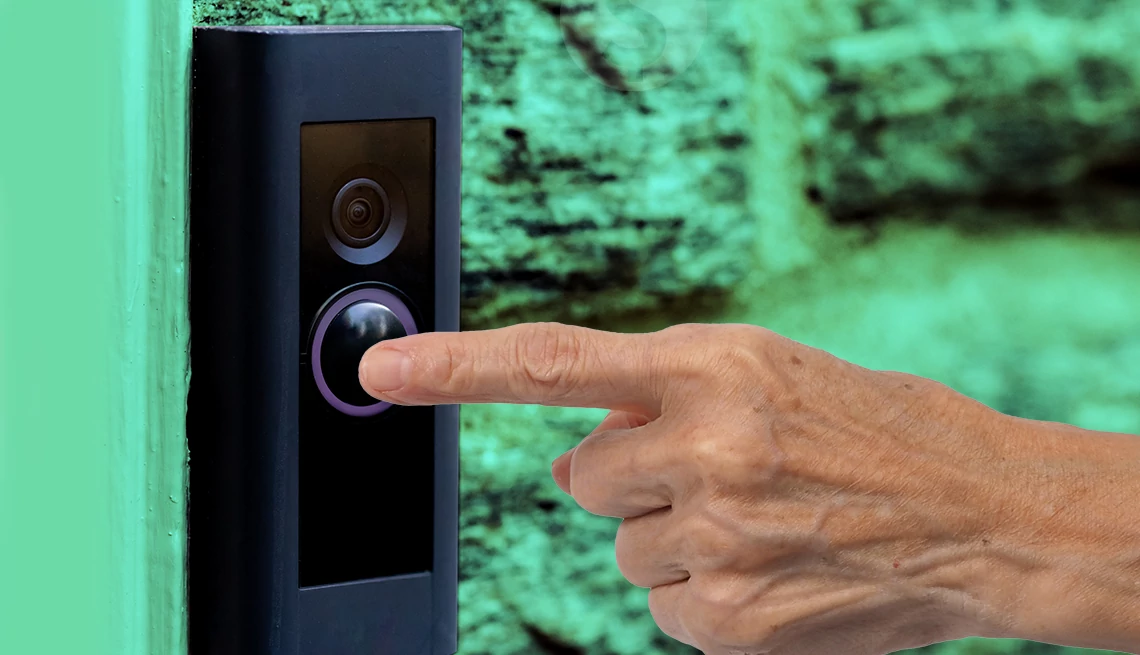
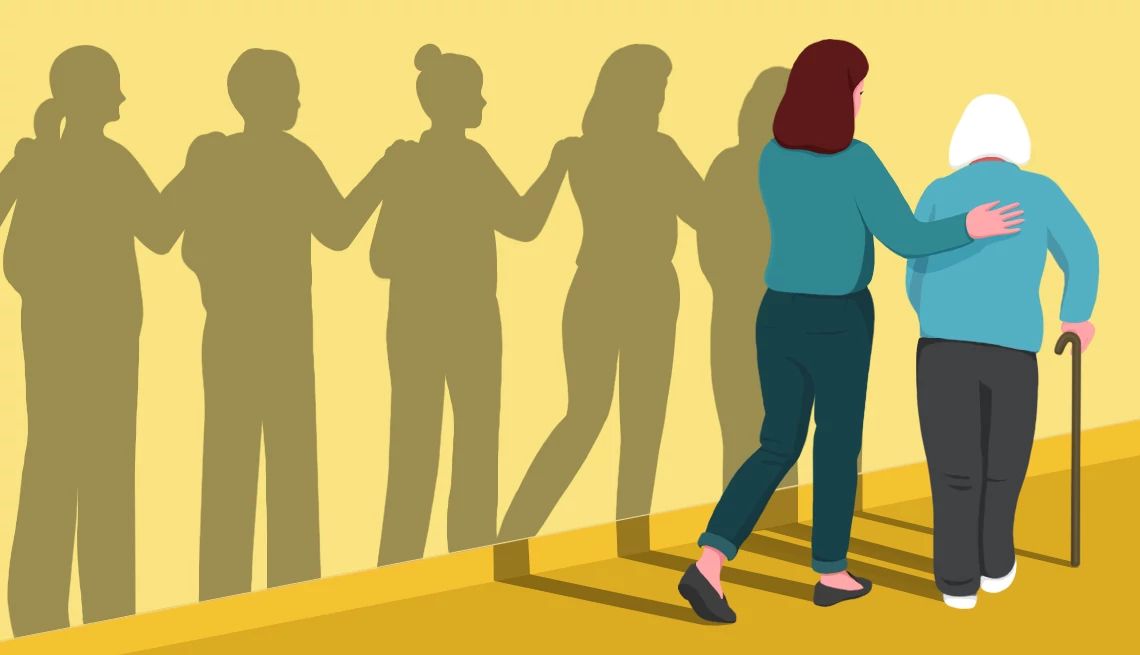
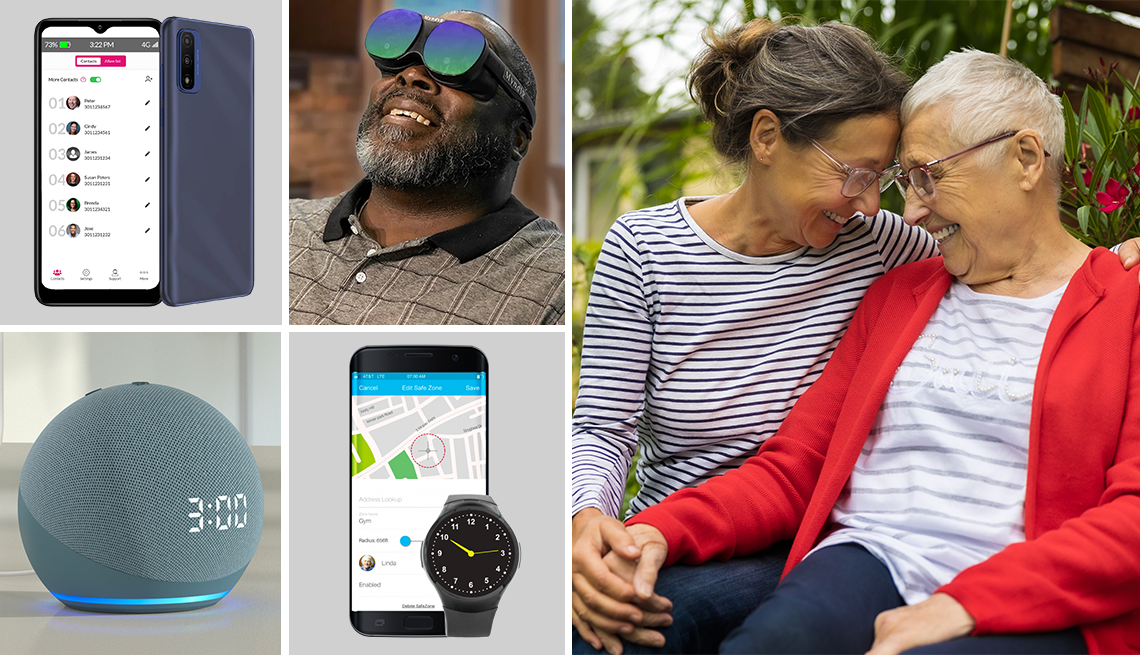
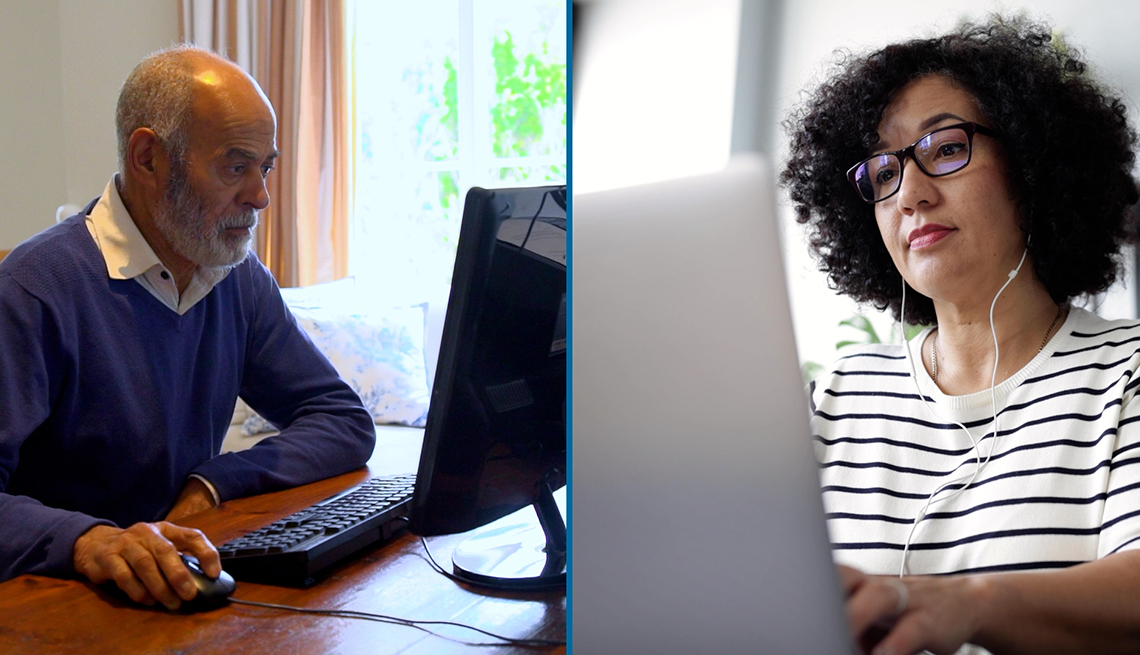
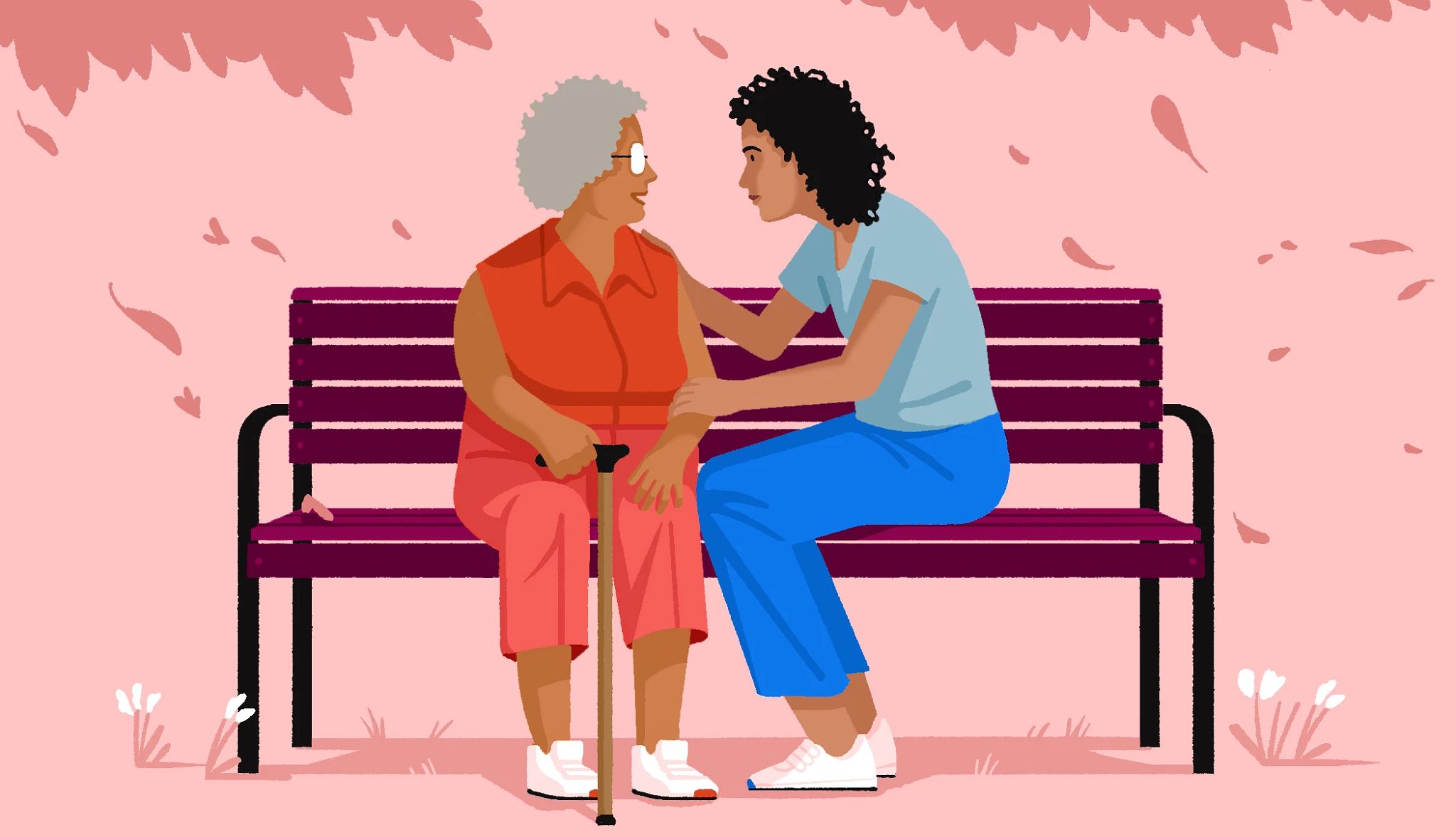



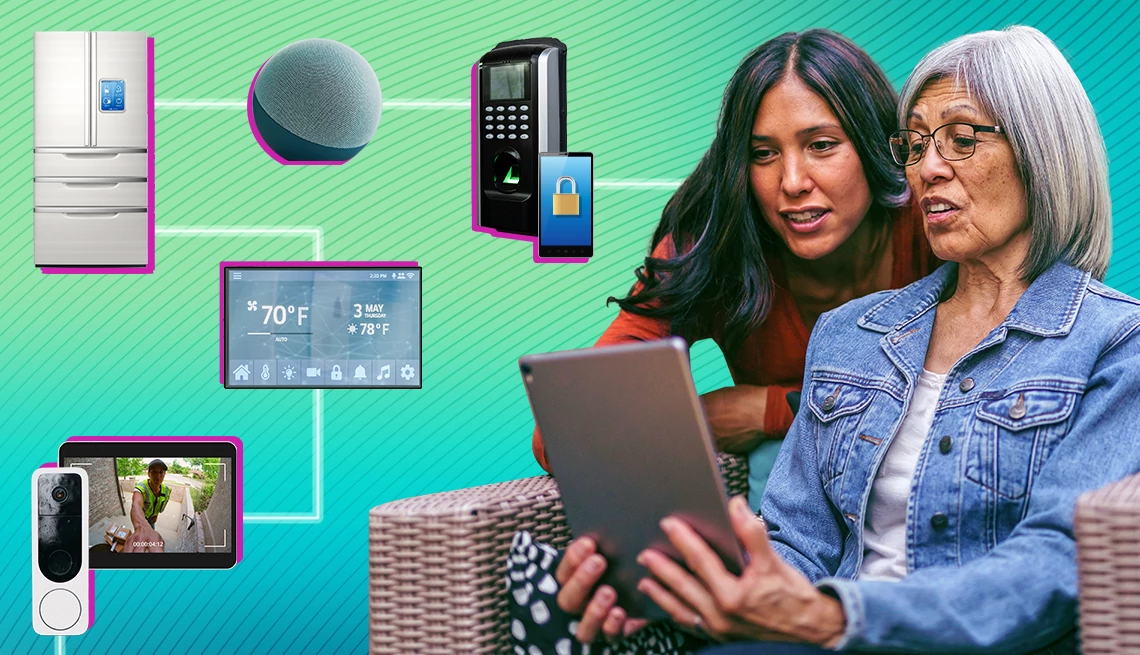
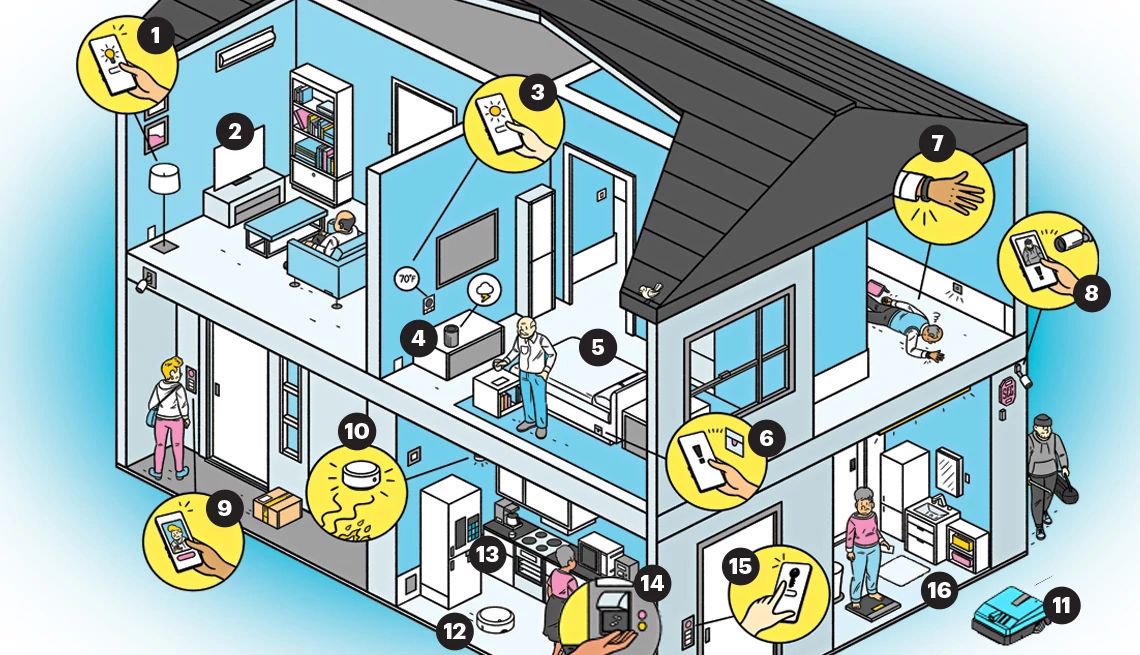
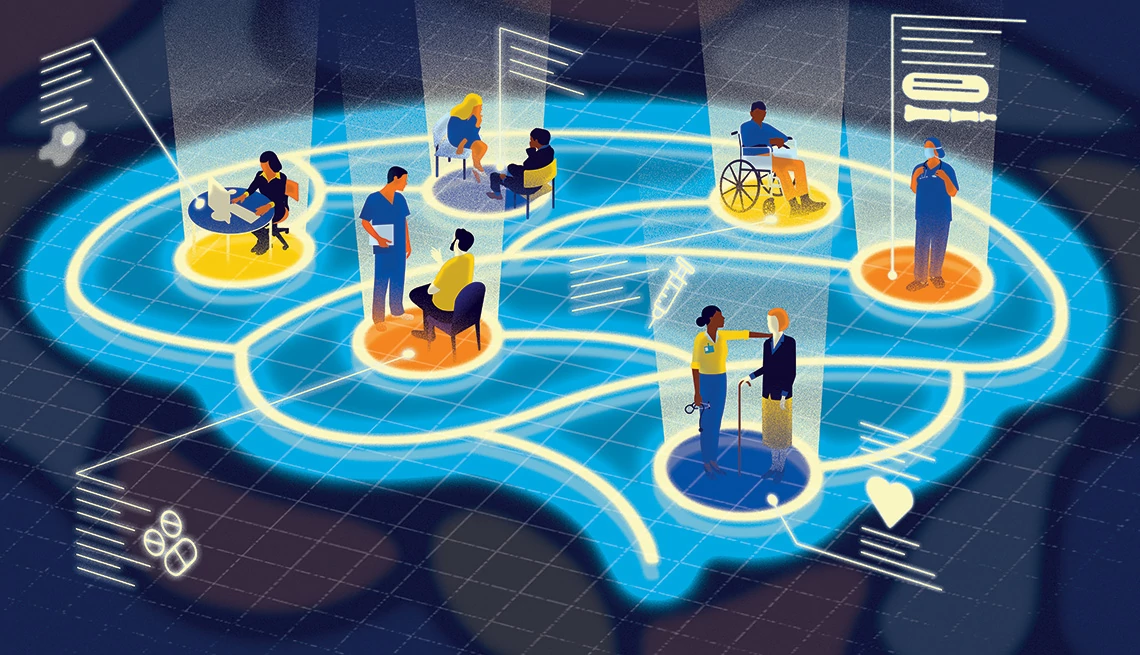

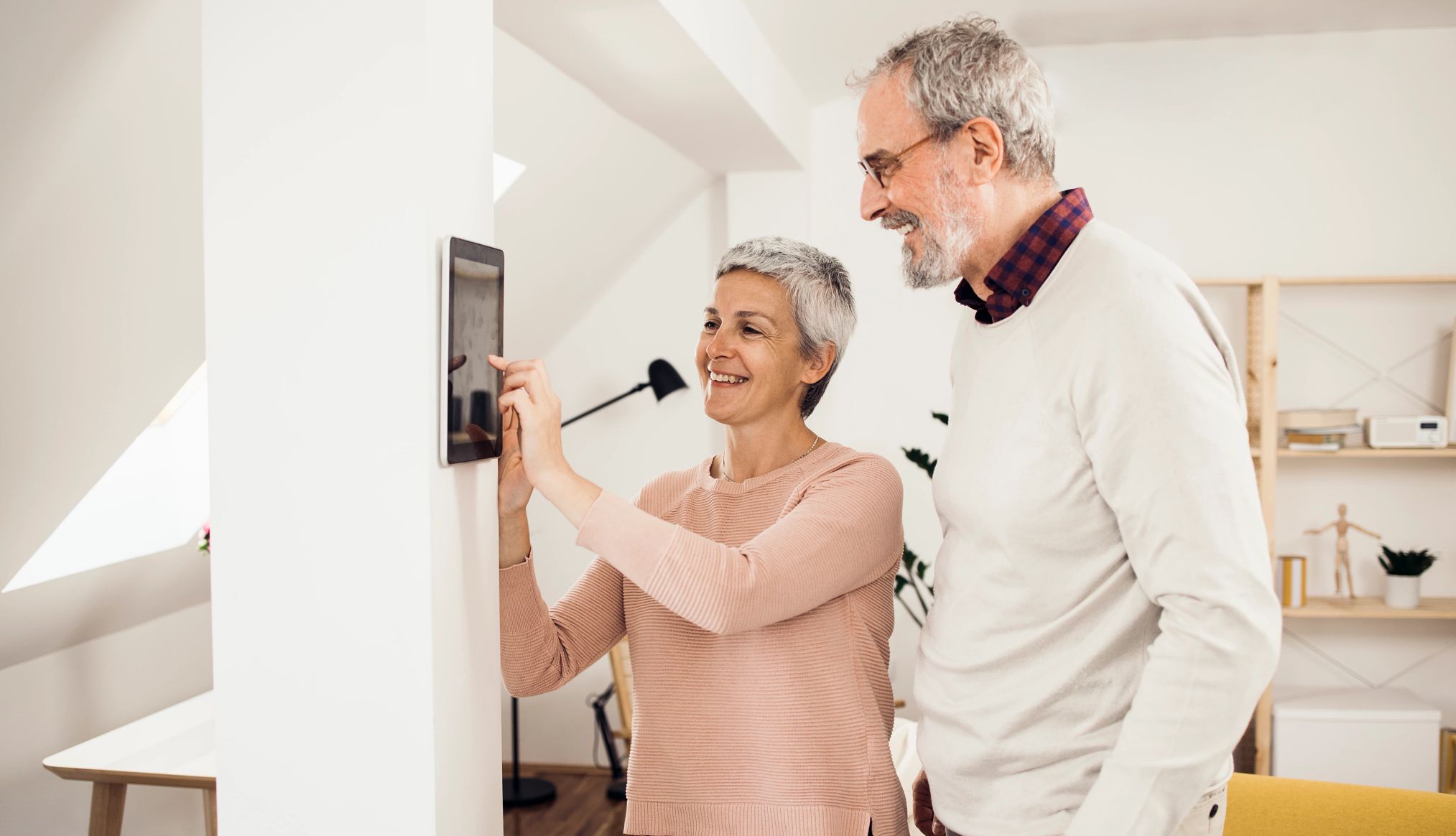




More From AARP
5 Apps to Help Caregivers Get Organized, Find Support
Try these digital tools for managing meds, sharing tasks and moreHow to Help a Family Caregiver From Afar
Ways to support loved ones and their local caregivers when you can’t be there in personWhoopi Goldberg on Grief: ‘It Doesn't Go Away. It Just Kind of Evolves’
Award-winning actress and ‘The View’ cohost pens candid memoir honoring her late mother and brother
Recommended for You